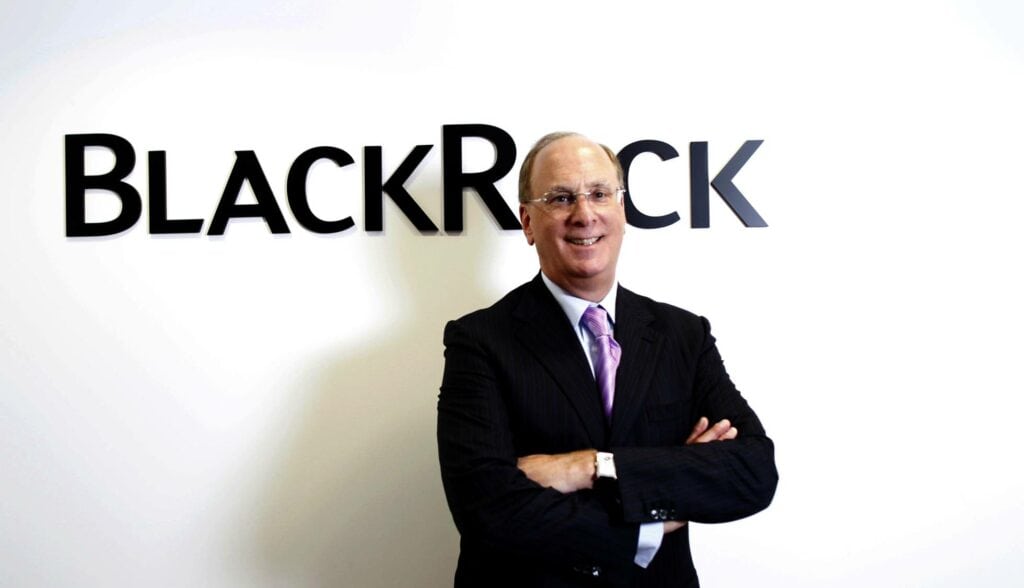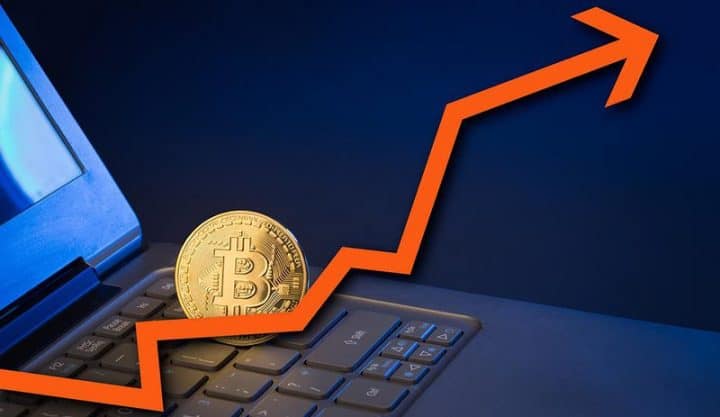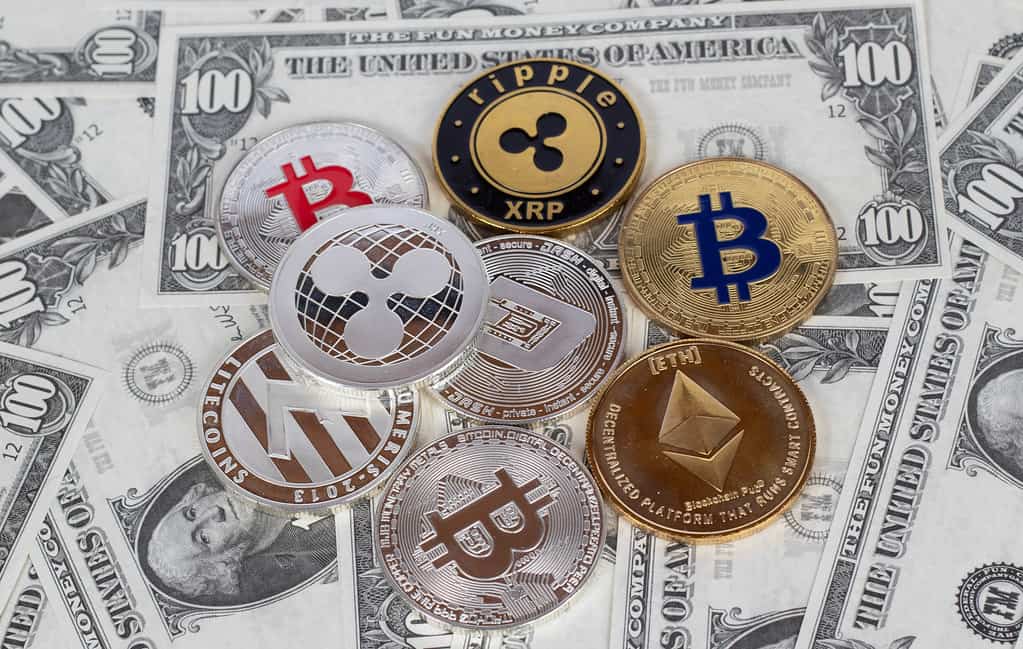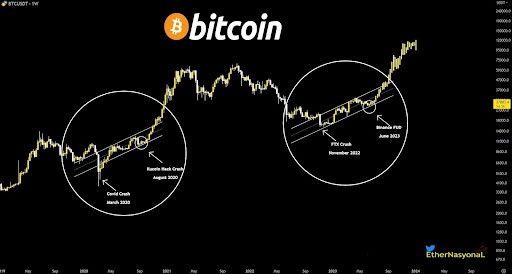Grayscale Investments, the world’s largest digital asset manager, has released some very interesting data. According to their research, as many as 26% of Americans hold Bitcoin in their portfolio.
Dynamic rate of interest growth
The United States is the cradle of many crypto projects. The country is home to the world’s largest investment funds based on digital assets, such as Grayscale and MicroStrategy. In turn, BTC mines are listed on stock exchanges. It is therefore not surprising that the cryptocurrency narrative is strongest in this country. Nevertheless, the rate of growth of Bitcoin’s network users, as well as the belief in virtual assets itself, is increasing at such a rapid pace that it can surprise.
Grayscale data clearly indicates that already one in four Americans has exposure to Bitcoin. Moreover, as many as 55% of respondents say they made their first purchase within the last 12 months. According to Grayscale CEO Michael Sonnenshein, more and more people are recognizing the long-term value that the largest cryptocurrency carries.
Originally, cryptocurrencies were most attractive to young men, according to the study. However, this trend is changing and women and older people are increasingly joining the ranks of hodlers. The percentage of people showing interest in Bitcoin is growing extremely rapidly. Just a year ago, it was 30% of the country’s citizens aged 55 to 64. Today, it is already 46%. In contrast, the increase in the number of female investors is currently 6% year-on-year – 46% in 2020, up from the current 53%.
Are these figures expected to keep growing?
As it turns out, as many as 60% of US citizens are interested in digital assets, increasingly seeing real value in them. There are many reasons for this fact. The most common is the popularization of cryptocurrencies, and with it the weakening global, as well as local, economy. The Covid-19 pandemic has been a major contributor to this, with a reading of US inflation data for October showing it rising to 6.2%. This is the highest value since December 1990. Thus, there is a growing conviction about the need to safeguard wealth. In such situations deficit assets gain popularity. Bitcoin’s limited supply of 21 million is the literal opposite of the ease of fiat money printing and an effective anti-inflationary tool. Maintaining the premise that Bitcoin is a store of value naturally reinforces the investment trend toward it.
What about the rest of the world?
As you know, the above data is for the United States. However, many countries in the world are struggling with rampant inflation. Many of them are recording increased values, similar to the American ones (e.g. Euro zone). There are also countries that are completely unable to cope with financial and economic stability. These countries include Venezuela, Argentina and Turkey. The loss of value of the Turkish lira has been a popular topic in the media in recent weeks. Although official data is not available, Bitcoin adoption in these regions is expected to be equally rapid.



























